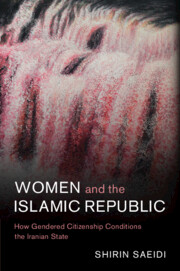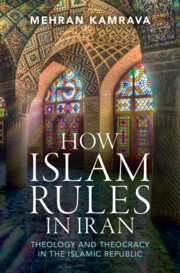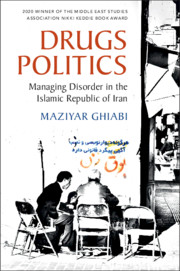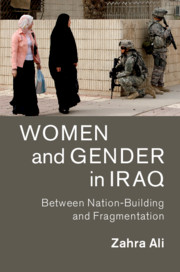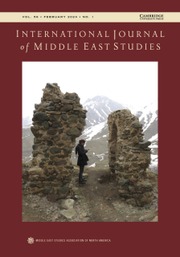Women and the Islamic Republic
Based on extensive interviews and oral histories as well as archival sources, Women and the Islamic Republic challenges the dominant masculine theorizations of state-making in post-revolutionary Iran. Shirin Saeidi demonstrates that despite the Islamic Republic's non-democratic structures, multiple forms of citizenship have developed in post-revolutionary Iran. This finding destabilizes the binary formulation of democratization and authoritarianism which has not only dominated investigations of Iran, but also regime categorizations in political science more broadly. As non-elite Iranian women negotiate or engage with the state's gendered citizenry regime, the Islamic Republic is forced to remake, oftentimes haphazardly, its citizenry agenda. The book demonstrates how women remake their rights, responsibilities, and statuses during everyday life to condition the state-making process in Iran, showing women's everyday resistance to the state-making process.
- A comprehensive study on citizenship formation in post-1979 Iran
- Examines the centrality of non-elite women's participation in the process of citizenship formation and the state-making process
- Offers a new approach to addressing citizenship politics during moments of transition in the Middle East
Reviews & endorsements
‘By creatively examining the state through everyday encounters and women’s accounts, this innovative study explores how women’s engagements with the Iranian Republic – their 'acts of citizenship' – have secured rights and protections in uneven ways. In attending to the shifting and situated nature of gendered citizenship, Saeidi forges new ground in the theorization of the entanglements of rights and statecraft. It is a novel and important contribution to feminist political science.’ Lori Allen, SOAS
‘How do ordinary women contest, support and remake norms of citizenship in contemporary Iran? What role do they play in forming the state? Shirin Saeidi's important book provides detailed and thoughtful insight into the ways in which non-elite women in Iran have practiced citizenship particularly in the wake of the Iran-Iraq war. A wonderful contribution to citizenship studies and feminist debates.’ Humeira Iqtidar, King's College London
‘Women and the Islamic Republic is a compelling account of how the Iran-Iraq war shaped the rights, roles, and responsibilities of non-elite Iranian women, a topic that has eluded much scholarship. Drawing from a unique archive, Saeidi underscores the importance of women’s voices in shaping the post-revolutionary state and the meaning of citizenship.' Arzoo Osanloo, University of Washington
Product details
July 2024Paperback
9781009013000
230 pages
229 × 152 × 12 mm
0.318kg
Available
Table of Contents
- 1. State formation and citizenship: an investigation beyond a eurocentric gaze
- 2. Reflecting on an idealised past: memory and women's rights struggles in post-revolutionary Iran
- 3. Revolutionary citizens: the confrontation of power and spiritual acts of citizenship from 1980–88
- 4. The body in isolation: morality and reconstruction of the nation in wartime
- 5. The aftermath of war: wives and daughters of martyrs, and the post-1988 state
- 6. Iran's hezbollah and citizenship politics: the surprises of islamisation projects in post-2009 Iran
- 7. Conclusion: gendered citizenship and conditioning of the state.

